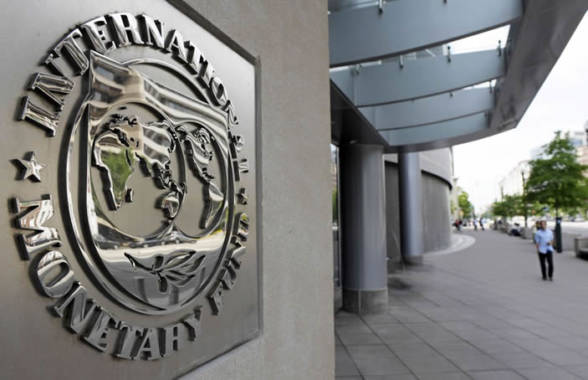
The Sunday Mail

Howdy folks!
Recently I read two sad stories concerning Zimbabweans staying in the United Kindgom.
The first one was about a boxer, Bhekitshe Moyo, who is said to have committed suicide after his application to remain in the UK was turned down and he was now facing deportation.
The other one is about another Zimbabwean man, Robert Chilowa, who was hailed as a hero last month after he showed bravery by saving children from a fatal house fire in the UK but is now facing deportation.
While nations have the sovereignty to enforce their laws, I believe that it is high time we look at each other as citizens of the world.
The recent timely call by the IMF for global labour market integration is commendable and it is my strong belief that more initiatives should actually be implemented to assist immigrants overcome labour market barriers in whatever part of the world they are.
If the world is now a village, as we believe it to be, then there should be no discrimination by nationality when it comes to general employment.
A report released by the IMF last week said that facilitating the integration of immigrants is an integral policy move that can give an impetus to global growth.
According to the Fund’s Global Prospects and Policy Changes report: “Labour market integration is critical to enhance the contribution of migrants to host countries and promote social cohesion.”
This is coming at a time when there have been increased incidences of hostility towards immigrants by some nations.
Countries such as the United States have banned refugees and migrants from Muslim countries, despite the fact that many multi-billion dollar companies there were started by immigrants.
Just across the Limpopo, South Africa announced last month that Zimbabweans who acquired permits under the special dispensation would have to follow normal channels of applying for visas when their permits expire in December 2017.
About 200 000 Zimbabwean immigrants are holders of the Zimbabwe Special Permit.
The three-year permits were last renewed in 2014 to legalise the stay of Zimbabwean immigrants who did not have proper documentation in South Africa.
Not renewing these permits would probably result in the hundreds of thousands of Zimbabweans in South Africa who were holders of that permit becoming illegal immigrants who can be deported anytime. It will also increase corruption when applying for conventional permits.
Obviously, the majority of them will not be able to apply for conventional permits.
They may also lose their jobs when they return home and go through the process of applying for conventional visas.
Those that fail may not be able to find better jobs since formal employers require proper documentation.
It also means that they cannot open bank accounts for them to receive their incomes or to remit their money through the formal banking channels.
Recently, there were demonstrations and xenophobic attacks in South Africa stemming from locals complaining that foreigners take their jobs.
But the IMF is calling for a different approach.
The report said: “Policymakers should deploy active policies such as language training and assistance in job search, better recognition of migrants’ skills through credential systems and support for migrant entrepreneurship,” adding that policies should ensure that the gains from growth are more broadly shared.
South Africa benefits from raw material imports from Zimbabwe, ranging from ores, cotton, tobacco, raw hides and many more.
These raw materials create employment in South Africa, through value addition, and immensely contribute to the growth of that country’s economy.
Why does it become an issue when it comes to foreign labour working to build the same economy?
Any globalisation drive that negates labour market integration is hypocritical and futile to hope.
The employment of Zimbabweans abroad has been benefiting the economy through remittances that flow back home.
Remittances, in this dollarised era, represent one of the main anchor sources of the economy, banking sector liquidity and cash flows.
They actually constitute not less than 30 percent of Zimbabwe’s sources of liquidity.
A considerable number of Zimbabweans are in the Diaspora where they are working and earning incomes, some of which they remit back home to sustain their families and friends, or to embark on some developmental projects.
We should remove the barriers that prohibit people from working wherever they want. The only constrain should be one’s qualification and competency.
Later folks!



